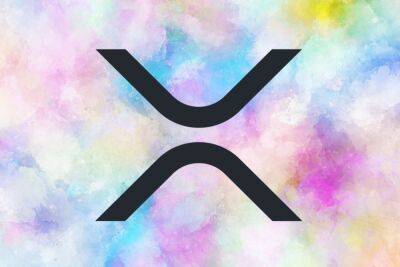Lufthansa, Eurowings, other travel industry players push forward with Web3
After the recent launch of the Camino Network travel-focused blockchain, legacy travel companies are looking toward a Web3 future.
Cointelegraph spoke with executives at Europe-based airlines Lufthansa and Eurowings — two of the first companies to use the Camino Network — to understand how Web3 integrations bring this industry to its next generation.
Johannes Walter, the head of channel partners at Lufthansa Group, said he believes “decentralization and tokenization” will create opportunities for new business models and relationships, “from building more direct, strategic partnerships and improving transparency to creating new revenue streams and enhancing the customer experience.”
Data from a 2021 Statista report shows the travel and tourism industry’s contribution to the global gross domestic product was around $5.8 billion that year.
Jens Bischof, the CEO and chief customer officer of Eurowings, echoed this sentiment, saying that the travel industry is one of the “largest industries in the world,” which deals with large quantities of “sensitive data” every day.
Bischof also commented that the company is currently investigating how to use blockchain for customer loyalty.
Related: How Bitcoin ATMs in Greece fare during a record-breaking tourist season
Other companies in the travel industry have already employed blockchain-based solutions into their operation prior to the launch of Camino. AirCanada and Etihad Airways both integrated the blockchain Winding Tree for product distribution purposes without the need for third parties.
Despite the increased adoption, Bischof pointed out that a deterrence of mass adoption is the need for clear regulation.
Lawmakers in Europe recently gave their final blessing to the
Read more on cointelegraph.com














